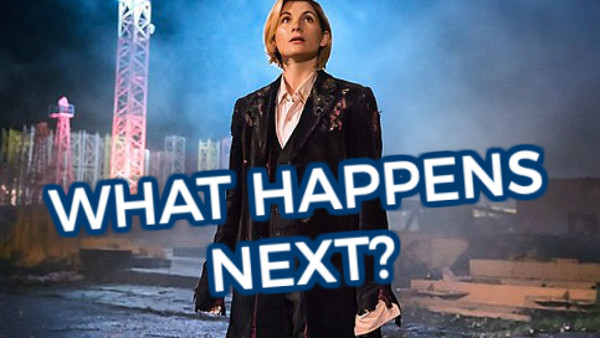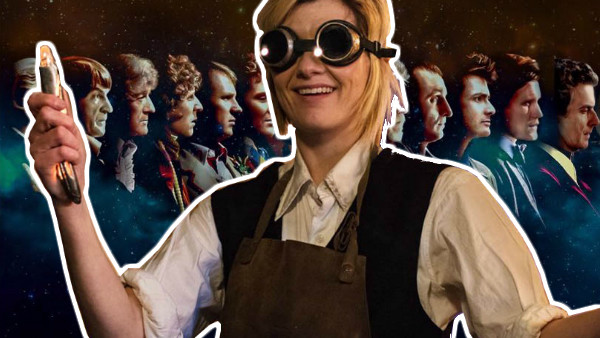Doctor Who Series 11: 10 Big Questions After 'The Woman Who Fell To Earth'
All the major talking points from the Doctor Who Series 11 opener.

Doctor Who returned on Sunday night in spectacular style. Judging from the incredibly strong overnights in the UK, it looks set to have achieved its task of turning around the show’s fortunes. The proof of course will be in how many people tune in again next week, but for now it’s great to see everyone talking about the show again.
Some of the reactions were to be expected. An actor of the calibre of Jodie Whittaker was always going to win people over, and she did not disappoint. It was clear that the series was going to eschew recent trends and appeal to a new, younger audience. And it was always going to provoke mixed views on the new showrunner’s more conventional approach to plotting, and less layered handling of themes.
But what is unexpected, is how it has appealed across the board – bringing back to the fold disillusioned fans, some of whom stopped watching in 2005, and welcoming a large contingent of newcomers. This is exactly what Chris Chibnall had set out to achieve, and he must be credited for doing just that. A remarkable, seemingly impossible feat.
As usual the episode has thrown up a number of questions, some related to the plot and others to the future direction of the series.
10. Exactly How Different Was This Doctor Who?

Series 11 has been heavily marketed as a new direction for the show. A break from the heavily nostalgic and complex plotting of recent years and the perfect entry point for new fans.
It was pretty evident from this first script that characters have been prioritised over story. This was very much a back to basics approach with the Doctor stepping in to save the day and by making the threat personal rather than global it allowed the dialogue to focus on the individual characters – the Doctor, the new companions and the Stenza’s target Karl. Even the alien was treated as an individual, with his own personal hang-ups and ambitions.
The Doctor is immediately more accessible than her predecessors, happy to settle for tea and a fried egg sandwich – a deliberate contrast to the Eleventh Doctor’s quirky fish-fingers and custard. Indeed, this story is what The Eleventh Hour might have been had Amy not been such a mysterious character, or had the plot not been part of a wider series-long arc. With Yaz a probationary Police Officer we have moved away from the ‘not as it seems’ approach of much of Steven Moffat’s Doctor Who, which was initially signalled by Amy Pond turning out to be a strip-o-gram and not a real officer.
There is much here to delight the long-term fan, however – from the sampling of the original theme tune to the presentation of the Doctor as a great improviser and blagger. “Don’t worry, I have a plan” is a line that could have been uttered by any of the Doctors, before stepping into the breach in blind faith. The Doctor is still very matter-of-fact about death, only this time she doesn’t walk away oblivious to the impact on her human friends. She takes stock, considers, watches and above all understands.